Poor People’s Campaign joins DC congressional briefing, news conference Thursday
A diverse group of national, state and local faith leaders whose various traditions make up millions of congregants will join the Poor People’s Campaign National Call for Moral Revival on Thursday for an urgent briefing to urge Congress to act before the midterms on critical moral and social issues that directly impact millions of vulnerable neighbors.
Over 50 million people in America of every race work for less than a living wage and are impacted by voter suppression. Millions of children and families have been thrown back into poverty this year by the Senate’s refusal to extend the child income tax credit. While recent US Census data show that the number of poor and low-income people dropped by 20 million in 2021, the policies that brought this relief have not been extended.
Thursday’s briefing will lift up why Congress must not accept inaction on issues such as voting rights and living wages and why they must act again on these issues, along with reinstatement and expansion of policies that research shows can immediately lift millions of families out of poverty.
“Before they vote, the American people deserve to know – on the record – where their elected officials stand on these great moral issues,” said Bishop William J. Barber II, president and senior lecturer of Repairers of the Breach and co-chair of the Poor People’s Campaign: A National Call for Moral Revival. “For example, living wages would lift 52 million people out of poverty. The current voter suppression tactics will block some 50 million people from using the voting methods they used in 2020. The expanded Child Tax Credit that Congress approved during the pandemic and then canceled would immediately lift 4 million children out of poverty. Voters deserve to know if candidates want to reinstate these laws or if they support letting people live in poverty, be blocked from voting and children going hungry.”
The briefing with Bishop Barber; Rev. Dr. Liz Theoharis, co-chair of the PPC:NCMR and director of the Kairos Center for Religions, Rights and Social Justice; Rev. Kazimir Brown, director of religious affairs for the Repairers of the Breach, and Rep. Ro Khanna of California will begin at 9 a.m. ET Thursday, Sept. 22, in Room 2237 of the Rayburn Office Building in Washington, D.C. It will be live streamed here.
A news conference with religious leaders and members of Congress will follow in the same location at 11 a.m. ET.
Joining the briefing will be Rev. Terri Hord Owens, general minister and president of the Christian Church (Disciples of Christ); Bishop Mariann Budde, the bishop of the Episcopal Diocese of Washington, D.C., and Bishop Vashti McKenzie, interim president and general secretary of the National Council of Churches.
Faith leaders from African Methodist Episcopal, African Methodist Zion, Baptist, Catholic, Christian Church (Disciples of Christ), Episcopal, Lutheran, Orthodox Judaism, Reform Judaism, United Methodist, Unitarian Universalist, Catholics and more denominations, will join in solidarity.
The news conference, which will include Reps. Barbara Lee (California) and Pramila Jayapal (Washington), will focus on the Third Reconstruction agenda and the work of the PPC:NCMR to engage with 5 million poor and low-income, low-propensity voters before the midterms. Reps. Lee and Jayapal have led on the House resolution titled “Third Reconstruction: Fully Addressing Poverty and Low Wages from the Bottom Up.”
Addressing the policy issues in this country means recognizing that while 400 people make an average of $97,000 an hour, over 50 million people make less than $15 an hour; while three people have more money than 50% of all Americans combined, over 4 million people earn a sub-minimum wage of $2.13 an hour; and while billionaires and the wealthy have seen a more than $2 trillion increase in their wealth since the pandemic began, 330,000 people died unnecessarily during COVID from a lack of healthcare.
In addition: the federal minimum wage of $7.25 an hour hasn’t changed in 12 years; 87 million people go without healthcare or are uninsured; 700 people die each day from poverty and inequality and 140 million people are poor or low-income – and that was before COVID.
